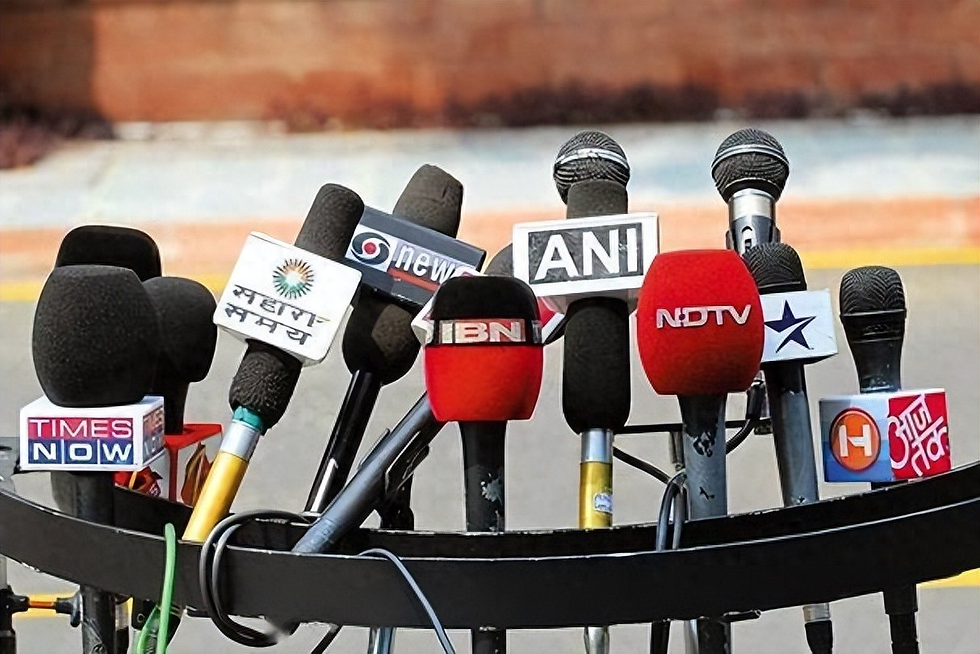Mark Rutte becomes NATO Secretary General, all member states will unanimously agree.
- CosDream News

- Jun 26, 2024
- 4 min read
On the stage of international politics, another significant decision has been made.
On June 20, Romanian President Klaus Iohannis unexpectedly announced his withdrawal from the race for NATO Secretary General, a decision that undoubtedly granted Dutch Prime Minister Mark Rutte a crucial opportunity to ascend to NATO's highest position.
Iohannis revealed this decision during a closed-door meeting of Romania's Supreme Defense Council and subsequently formally notified all NATO allies.
This move by Iohannis cleared the last obstacle for Rutte.
Iohannis's candidacy had originally carried the hopes of Eastern European countries for NATO to shift its focus eastward, especially in the context of the Ukraine crisis, making the strengthening of Eastern European security particularly important.
However, as circumstances changed, Iohannis chose to withdraw and publicly supported Rutte, which not only demonstrated his political grace but also indicated a high degree of consensus within NATO regarding the choice of its future leader.
Rutte is known for his simple lifestyle and resolute foreign policy, setting him apart in the competition for NATO Secretary General.
As a politician with many years of governing experience, Rutte's influence in international affairs and his diplomatic skills make him a strong candidate.
Rutte's ability to stand out is largely due to his firm stance during the Ukraine crisis.
As a staunch ally of Ukraine, Rutte actively promoted support for Ukraine within NATO, even though his nomination was once obstructed by Hungary.
Hungary's delicate relationship with Russia introduced uncertainty into Rutte's nomination process.
However, Hungarian Prime Minister Orban announced support for Rutte after confirming that Rutte would adhere to the bilateral agreements, successfully resolving this impasse.
Rutte promised to continue respecting the agreements with Hungary after being elected, clearing the final hurdle for his nomination.
As the current Secretary General Jens Stoltenberg's term is coming to an end, NATO stands at a historic crossroads.
During Stoltenberg's tenure, NATO not only had to face the direct challenges brought by the Ukraine war but also had to deal with the fundamental changes in Europe's security architecture resulting from it.
Finland and Sweden's abandonment of neutrality to apply for NATO membership is not only a direct response to Russian aggression but also signifies a profound adjustment in the post-Cold War European security landscape.
The new Secretary General's term coincides with the run-up to the U.S. presidential election, the outcome of which could reshape the relationship between the U.S. and NATO, especially if former President Trump, known for his critical stance on NATO, returns to the White House, potentially causing internal turbulence within the alliance.
Trump has repeatedly criticized NATO member states for not meeting defense spending standards and hinted at reducing U.S. commitments to NATO.
In contrast, current President Biden firmly supports NATO, particularly regarding the unprecedented level of aid to Ukraine, reflecting the importance placed on the transatlantic alliance.
The upcoming election, like an unknown factor hanging over NATO, will not only determine the direction of U.S. foreign policy but also directly influence NATO's future strategic planning and internal cohesion.
Currently, NATO faces numerous challenges.
Firstly, the Ukraine crisis continues, and balancing support for Ukraine with preventing a full-scale conflict with Russia is a crucial issue for NATO to address.
Secondly, with more countries applying for NATO membership, coordinating the interests of these countries with existing member states is a complex matter.
Additionally, NATO must address challenges from non-traditional security threats such as cybersecurity and terrorism.
The membership applications of Finland and Sweden mark a significant change in Europe's security architecture.
For a long time, these two countries maintained neutrality, but in the wake of the Ukraine crisis and facing the threat from Russia, they decided to seek NATO's protection.
This is not only a direct response to Russian aggression but also reflects the common stance and willingness for cooperation among European countries when facing security threats.
The challenges Rutte will face go beyond internal unity, with the more important task being to lead NATO through a path of steady and innovative development in a rapidly changing international landscape.
NATO's future, much like the situation on the Ukrainian battlefield, is filled with uncertainty but also contains opportunities for change.
How to manage relations with major powers like Russia while maintaining the common interests of NATO member states will be a key focus for Rutte.
In the global geopolitical chess game, the next moves of NATO will have a profound impact on the entire board.
Rutte's leadership style and decisions will directly influence NATO's strategic direction in the coming years.
Facing a complex and ever-changing international situation, he needs to demonstrate the ability to flexibly respond to various challenges.
At the same time, NATO needs to strengthen cooperation with other international organizations and countries to jointly address global challenges such as climate change and energy security.
Rutte is about to become NATO's new leader, facing a task that is both arduous and complex.
While consolidating internal unity, he needs to lead NATO to show stronger influence and decision-making power on the international stage.
As the global situation continues to evolve, NATO's role is also constantly changing.
Finding stability and development amidst these changes will be the main task for Rutte and NATO.
With wisdom and courage, it is believed that Rutte can lead NATO towards a brighter future.









Comments